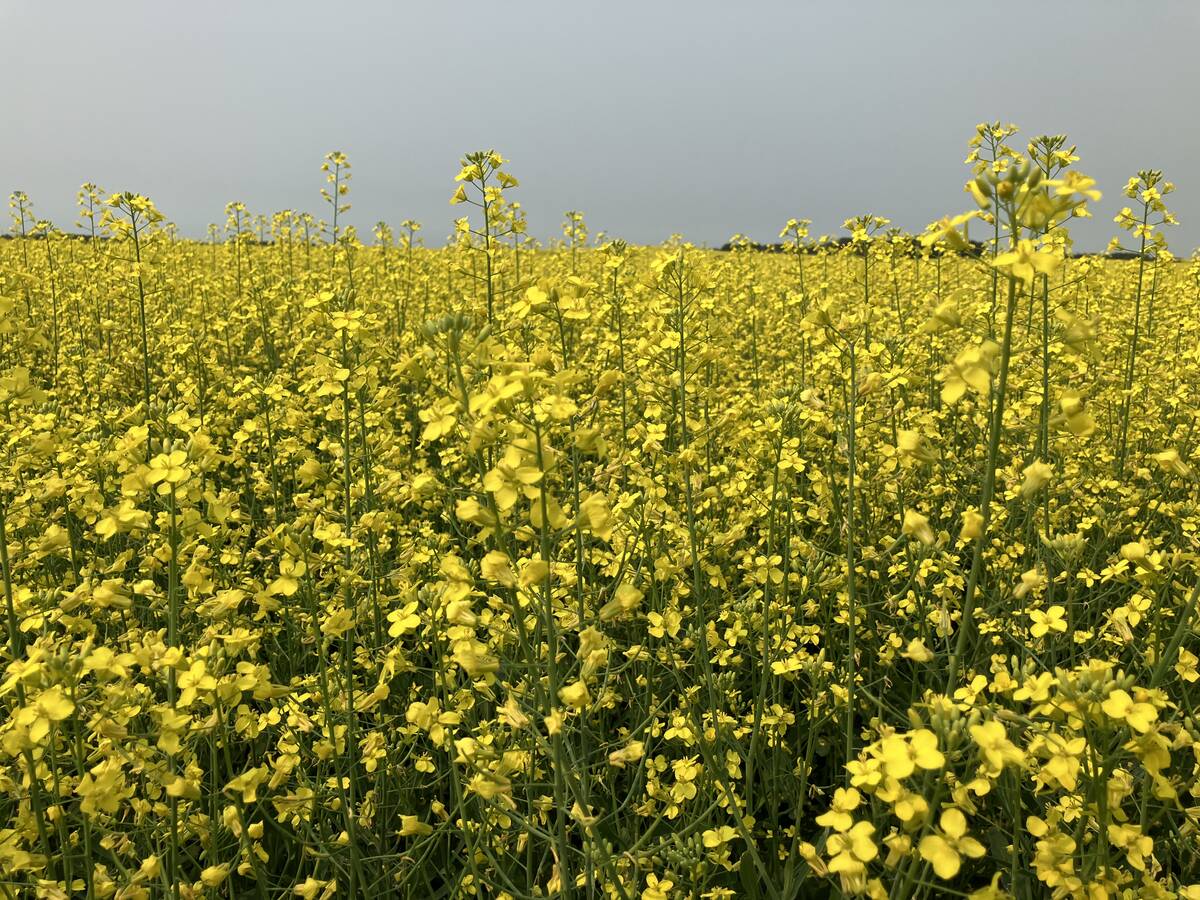Buying call options to replace fall cash sales can help producers pay bills, keep their exposure to margin calls low and still catch rallies later in the year.
But few farmers use them, something market analysts attribute to confusion about what options are designed to do.
“It’s a bit difficult for people to get their minds focused in the right direction, and many people never can do it,” said Benson-Quinn GMS broker Ken Ball.
“Options are largely insurance and people never like paying insurance.”
Read Also

Canola used in only quarter of Canadian biofuel
Less than one-quarter of the biodiesel and renewable diesel used in Canada in 2024 was made from canola oil feedstock
Errol Anderson, a farm marketing adviser with Pro Market Communications in Calgary, said farmers often hate seeing their options expire worthless, but that’s backwards thinking.
“You should never grump about losing (a premium),” said Anderson.
“If you’re losing money on your options, it means you’ve done a good job in the cash market.”
A call option gives the holder the right, but not the obligation, to buy a futures contract at a certain price at a certain point in the future. A put option lets the holder sell a futures contract at a certain price at a certain point in the future.
Call options are a handy tool to use in the fall when bills are due but the farmer doesn’t want to sell into what is often the lowest priced time in the market.
Buying a call option for later in the winter allows the producer to sell his crop in the fall and get some cash in his hands, but still be able to capture a later surge in prices, if that occurs. The farmer is replacing his physical crop with one on paper in what is known as a replacement strategy. Often this costs 10-20 cents per bushel.
Unlike a futures contract, an option contract does not commit the owner to buying or selling at a set price in the future. But it costs more. An option buyer has to pay a premium, rather than just the commission fee that is paid for a futures contract. That’s what seems to upset some farmers.
“Farmers look at that as an expense,” said Ball.
Anderson said his company concentrates on setting farmers up with option contracts rather than futures because options do not expose holders to the nasty surprises of margin calls and too much exposure to market volatility.
Before buying a futures contract, a producer must set up a brokerage account. If the market moves against the futures position, the broker makes a margin call requesting more money to maintain a minimum balance. Options have no margin calls.
“I love options. They keep guys out of trouble,” said Anderson.
He said he has seen many farmers bail out of losing futures positions after the third margin call, but then having to watch as “Murphy’s law decides that as soon as you knock (a farmer out of a futures position) the market turns around.”
With an option contract, a farmer does not have to panic or come up with more money. He can wait to sell the contract at a less hurried time, Anderson said.
One approach that has soured many farmers on options is buying cheap options and hoping for big swings in the market, he said.
A contract that would not be worth using without a large swing is known as being far “out of the money,” and those options react slowest to price changes, Anderson said. They are cheap because a far out-of-the-money option has a low premium.
But not only do they seldom become worth exercising, they also do not get the speculative value that a “close-to-the-money” option carries. A small positive move will usually boost the value of a close-to-the-money option, because prospective buyers will be willing to pay for the fact that it may end up in the money. But a small helpful move probably will add no value to a far out-of-the-money option, since there’s little chance it will ever end up in the money.
“It’s better to buy quality rather than quantity,” said Anderson.
That might mean that a producer with 200 tonnes of canola would be better off buying costly close-to-the-money options for 100 tonnes of his crop than buying cheap far out-of-the-money options for 200 tonnes.
Ball said he tries to get farmers to understand that options are like insurance and it’s OK to pay the premiums and see them expire worthless.
“You really want that option to expire worthless,” said Ball.
Anderson said cattle feeders tend to use options much more than grain growers or cow-calf operators. They use them to protect the price of the cattle they will fatten and to cover the price of the grain they have to buy.
“With some of these guys the first thing they say is ‘I hope these expire worthless’,” said Anderson. “When I hear that, I think ‘there’s a guy who really gets it right’.”

















